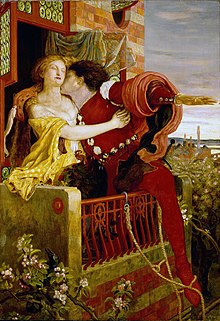What is literature ?
Literature is a mimisis (re-creation) imitation of something. literature is a term used to describe written and something spoken material.
for instance :
- anything in print (written)
- too broad but to narrow
- includes those beyond la belle letters
- excludes the oral literature
- a creative work of which is language
- literature is for pleasure and service
Why Is Studying English Literature Important?
Okay, so there are about a thousand things for a teenager, or even a 50-year-old adult, to do in today's wired, 500-channel cable television world. We can watch feature films on our phones or hop in a car and drive a hundred miles away in just a couple of hours. That's not how things used to be. People used to read literature for entertainment because even just 50 years ago, there were simply not many readily available entertainment options.
Despite these other entertainment options, English literature remains popular. It is time-tested and well worn for a reason. English literature deals with universal themes and values that help us grow in our everyday lives. It also teaches us about different time periods and faraway places.
Literature can be classified according to whether it is fiction or non-fiction and whether it is poetry or prose; it can be further distinguished according to major forms such as the novel, short story or drama; and works are often categorized according to historical periods or their adherence to certain aesthetic features or expectations (genre).
Prose is a form of language that possesses ordinary syntax and natural speech rather than rhythmic structure; in which regard, along with its measurement in sentences rather than lines, it differs from poetry.
Drama is literature intended for performance.
There are fiction, poetry, prose, drama and etc.
for this week i choose drama for further explaining
Drama is literature intended for performance. The form is often combined with music and dance, as in opera and musical theater.
Drama was introduced to England from Europe by the romans.
What the function of drama especially for student?
to improve their performance.
to improve their ability in written and spoken.
to improve their knowledge.
to make good communication between student and teacher.
to develop their ability to work in groups, trusting and relying each other.
to appreciate and respond positively to the part played by others in the drama.
and of course to make them be brave to show their performance in front of people.

Have you ever heard about Romeo and Juliet ?
The story told about two young star-crossed lovers whose deaths ultimately reconcile their feuding families.
This is one of his most frequently performed plays.